Category: Cornucopia
-

Varieties of Divine Eclecticism
When I was a missionary from 2000-2002, we taught about the Restoration in the third discussion. We often drew a picture to convey the core concepts. There was a mirror (representing the Church) a string (representing the Apostles) and a nail (representing Christ). The Apostasy came about, we taught, because the Apostles died, and so…
-
Reasoning Together – Zion
We talk about Zion in a lot of different senses, but I think most of these share the general idea of communally gathering, developing, sharing, and partaking in everything that is lovely, virtuous, or praiseworthy or of good report. How do we do this, both collectively and individually, on both a theological and political level?…
-

Reasoning Together – Prophets
Here’s the main point: I don’t think either our history or our theology supports traditional and currently widespread – though often unarticulated – notions of what a prophet is.[1]
-

Leaders are Fallible (No, Really)
The changes at the Gospel Topics section of LDS.org (which I wrote about two weeks ago) and especially the Church’s new Race and the Priesthood article have rekindled questions about the fallibility of Church leaders. After all, the Church’s current position completely disavows the past practice of denying the priesthood to blacks and all but explicitly states that…
-
My Beef with Goals
According to the de facto Mormon liturgical calendar, it is the time of year to talk about goal-setting. Most Mormon discussions of goals make me want to poke myself in the eyeball with a fork–a reaction I initially did not understand, since I set goals for myself all of the time. But after thinking about…
-
Faulconer, Sorenson, Welch, and Others on Scripture Study and Teaching
Some borrowed thoughts I’ve found provoking recently.
-
BYU-Idaho: the next ten years (II)
To keep the rest of this post in context, let me repeat that I think Rexburg is a fantastic place, that BYU-Idaho has gotten the most important things right in its transformation from a junior college into a four-year university, and that its dress code is not a terribly important issue. The university’s path forward…
-

Partaking of the Fruit of the Tree
One of my favorite parts of Christmas is sitting in the darkened living room, gazing at the lighted tree. There is something magical and transfixing about the warm, gentle light, the fragrance of pine, and the palpable presence of nature that fills my home with its incongruous beauty. I have many memories of reading Scripture…
-
2014 Summer Seminar on Mormon Culture: The History of the Mormon Family
In the summer of 2014, the Neal A Maxwell Institute at Brigham Young University, with support from the Mormon Scholars Foundation and the Jack and Mary Lois Wheatley Institution, will sponsor a summer seminar for graduate students and junior faculty on “The History of the Mormon Family.” The seminar will be held on the BYU…
-

This Is War Like You Ain’t Seen
I’m spending time moving my family into our new home and getting ready for Christmas, so here’s a song from Dustin Kensrue’s Christmas album This Good Night Is Still Everywhere. It’s not the usual sound, but that’s part of why I like it so much. (And now I’m going to get some Mannheim Steamroller going…)
-

The Old Testament and Why Bible Translations Differ: My Religious Educator Article
BYU’s Religious Studies Center publishes The Religious Educator, a little-known LDS journal that deserves wider recognition.
-

Gospel Topics at LDS.org, A Change of Direction?
I told my Gospel Doctrine class yesterday afternoon that since we had run out of lesson manual for the year we were going to go rogue. Then I proceeded to give the first lesson I’ve ever given (I think) in which I exclusively used officially-approved Church materials[1]. I could pick anything I wanted to teach about,…
-
God, the Necessity of Scholars, and the Old Testament: A Long Post and a Short Announcement.
Among laypeople, one sometimes finds a distrust of scholarship as it applies to the Bible, particularly if that scholarship runs against a traditional interpretation, or if tells you an obvious face-value reading you favor doesn’t really mean what you think it does. LDS have competing traditions towards serious scripture study. On the one hand, we…
-
Deadline – New Summer Seminar in Mormon Theology
Just a reminder that the deadline for applications for the First Annual Summer Seminar in Mormon Theology, co-spsonsored by The Mormon Theology Seminar and the Neal A. Maxwell Institute for Religious Scholarship, is December 15, 2013.
-

The Old Testament, Scripture, Apostles, the Priesthood Ban, and Theological Diversity: Calibrating Our Expectations
(I’m probably cramming too much into this mishmash of a post, but frustration over certain conversations has collided with academic stress and lack of time to refine it. I may regret it, so consider this a preview, a beta.) The expectations we bring to reading scripture can radically affect our reading, our faith, and our…
-
The Wrongness of Being Right
It seems to me that any time you turn something into a point of conflict, you risk being in the wrong. It becomes more important to be right than it is to understand your fellow brother, to exercise compassion, to be humble and teachable.
-

Zion, Mortal Loneliness, and The Hall of Records
In my imagination there is a hall of records in the future Celestial Zion where anyone can review the mortal life of any other person as seen from their perspective. It is an imposing structure in its own right, one part great library and one part museum, but it lies in the shadow of grander…
-

Responding as Mandela
Driving [1] to work Friday morning the news reports were of course all about Nelson Mandela who had passed away the night before. Mandela was unquestionably a savior on Mt. Zion in the Mormon sense
-
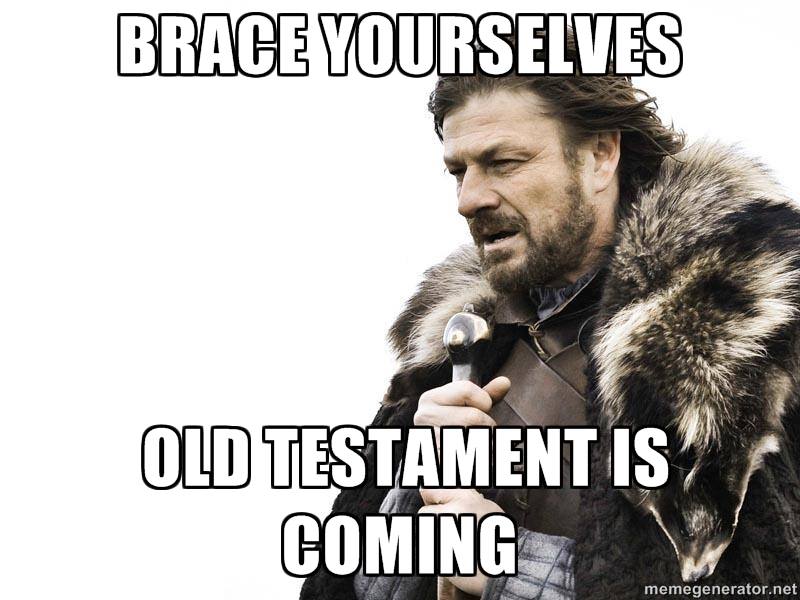
Old Testament Gospel Doctrine Reading and Resources!
December has finally arrived! For the last six months, I’ve felt like Old Testament is just around the corner. Finally we’re into the last loose stretch of D&C and I can put up the first Old Testament post. With the cyclic return to the Old Testament comes the perennial question, how do I make sense of this?…
-
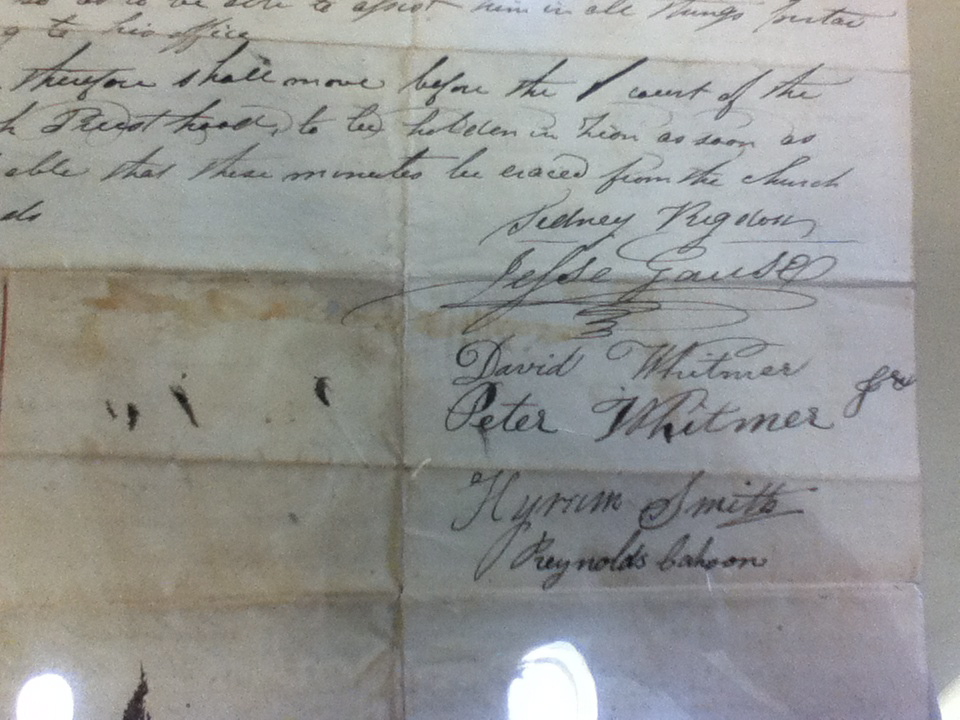
The Joseph Smith Papers, Documents Volume 2
On Monday I attended a launch event at the Church History Library for the second Documents volume of the Joseph Smith Papers. We were given a brief introductory presentation from historians and production editors who worked on the project. Documents Volume 2 covers the time period from July 1831 to January 1833. Three themes emerge…
-
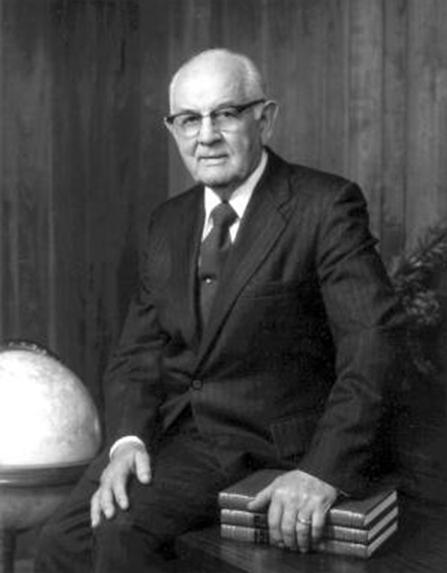
The Fourth Point: Caring for the Poor and Needy
In 2009 the “threefold mission” of the Church was extended to include a fourth point: “to care for the poor and needy.” Obviously practical charity is not a new concept for Mormonism. The very same chapter that included the famous “If any of you lack wisdom…” verse that led ultimately to the First Vision also…
-
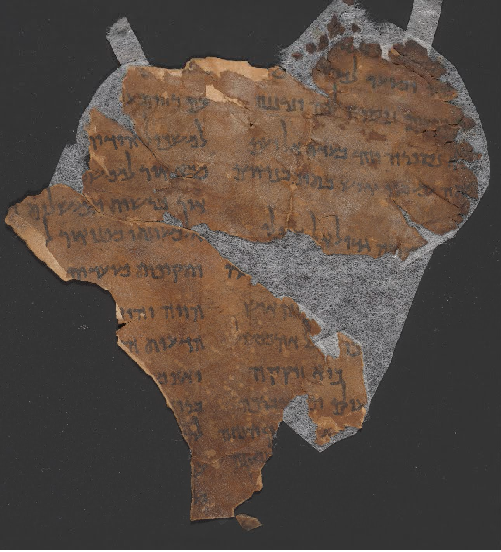
Hodayot: A Dead Sea Scroll Thanksgiving
One of the non-Biblical texts from the Dead Sea cache is known as hodayot or the Thanksgiving Scroll or Thanksgiving Hymns (or 1QHa and 1QHb, for you scroll groupies). It is so named because of the repetition of the line ‘odeka ‘adonai “I give thanks to You, O Lord…” The scroll is lengthy, nearly thirty…
-
Bittersweet Thanksgiving
We grew up. All of those kids I went to high school with. Not just high school; my family never moved, so I started in with them in kindergarten and went through to graduation. Part of me never felt like I fit in. Being the only Mormon in my class may have had something to…
-
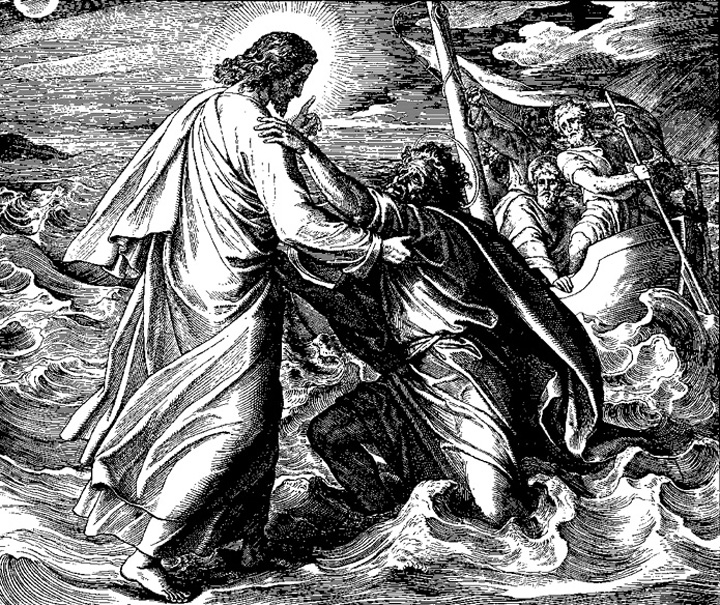
Religious and Secular Authority: Frying Pans and Fires
Dave Banack wrote just two weeks ago–here at Times And Seasons–about the atheological atonement. His two conclusions were first, that the Church doesn’t have a specific theory of the atonement and second, that this is probably a good thing: The Church’s prior forays into theology have produced questionable results. Silence on the subject gives LDS…
-

Happy 10th Birthday, Times and Seasons
I’m not sure what it is about this time of year that leads to the anniversaries that we have this week. In the U.S. many are obsessed with the coming 50th anniversary of the assassination of John F. Kennedy. Today is the 150th anniversary of the Gettysburg Address, leading to an effort this year to…
-
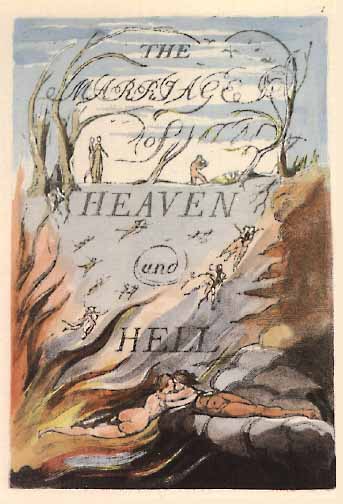
The Marriage of Heaven and Hell: Business and Theology
The study of management—of human beings going about their ordinary business of making a living—is one of the richest and most profound venues for the study of theology. Once you’ve considered the idea, it seems obvious. But of course, most of us don’t consider that idea. I never did, until very recently. What could be…
-

The Atheological Atonement
I presented a paper on vicarious atonement at the recent SMPT Conference. To prepare the paper, I reviewed the various theories of the atonement offered by Christian theology as well as the LDS view(s) of the atonement. I came to two mildly surprising conclusions.
-
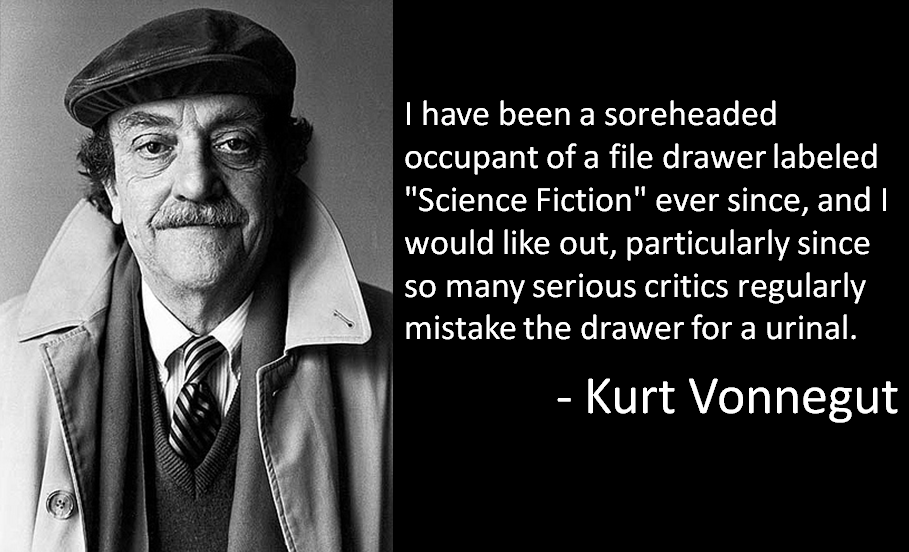
The Missing Mormon Literary Renaissance
Mark Oppenheimer wants to know why there are no great Mormon writers. More specifically: In the United States, Jews, blacks and South Asians, while they have produced no Milton or Shakespeare — who has, lately? — have all had literary renaissances. Mormons are more likely to produce work that gets shelved in niche sections of…
